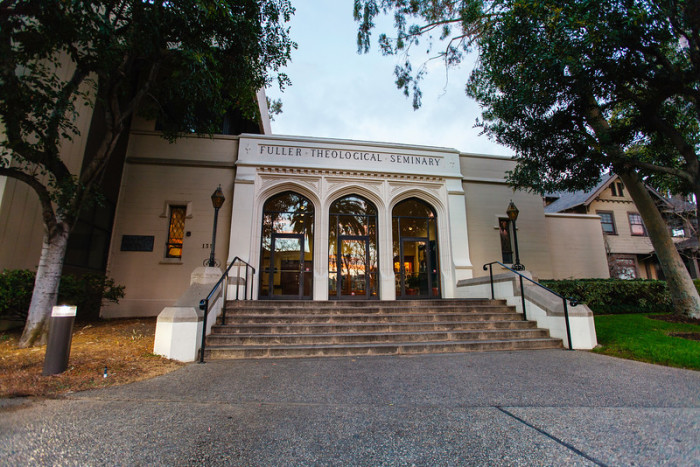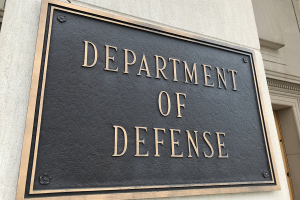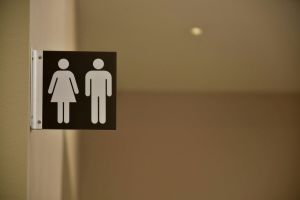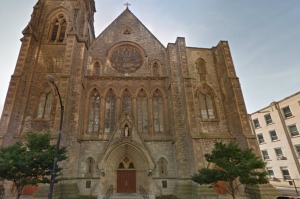Ex-Fuller Seminary student joins lawsuit over gay marriage ban, sexual ethics standards

A second Fuller Theological Seminary student has filed a lawsuit against the Christian institution over its ban on noncelibate same-sex relationships.
On Tuesday, Nathan Brittsan, a pastor and graduate student who is in a same-sex marriage, added his name to a lawsuit against the California-based nondenominational seminary.
Brittsan is joining plaintiff Joanna Maxon, who was expelled by Fuller for being in a same-sex marriage. Her suit was filed in U.S. District Court for the Central District of California.
“This is a civil rights case about two students who were expelled from their graduate program for one reason: they married someone of the same sex,” said the amended lawsuit, filed Tuesday, as reported by Pasadena News Now.
Maxon and Brittsan have not said why they chose to attend the seminary, given that it upholds the biblical standard of marriage and sexuality.
Brittsan was expelled from Fuller in September 2017 after being found in violation of the Sexual Standards component of Fuller’s Community Standards, according to Pasadena News Now.
Becket, a law firm that specializes in religious liberty cases and has successfully argued cases before the U.S. Supreme Court, has agreed to represent Fuller.
"The claims here are dangerous for faith-based institutions," said Becket attorney Daniel Blomberg in a CBN report.
“If the court was to accept them, then they would be harmful to religious groups of all backgrounds and particularly minority religious groups that have beliefs that the majority and the surrounding communities might find unpopular.”
Last November, Maxon brought the original suit against Fuller, arguing that her expulsion violated Title IX given that Fuller receives federal funding.
Paul Southwick, an attorney for Maxon, told The Christian Post last year that this was his first case in which the student “filed a Title IX lawsuit because they have been expelled for [being in] a same-sex marriage.”
“The other cases I’ve taken on have dealt with gender identity discrimination or related to sexual conduct involving non-married LGBTQ students,” Southwick said at the time.
“With the legalization of same-sex marriage, institutions like Fuller will be encountering more and more students who are in same-sex marriages, particularly among graduate student populations.”
Southwick also told CP that he believed if Fuller wanted to maintain traditional standards for their students, then they must “refrain from accepting public money and should not offer its services to the general public.”
Passed in 1972, Title IX states that “No person in the United States shall, on the basis of sex, be excluded from participation in, be denied the benefits of, or be subjected to discrimination under any education program or activity receiving Federal financial assistance.”
While the term “sex” in the civil rights law has traditionally been understood as applying only to biological sex, some progressive groups and politicians have sought to interpret it to include sexual orientation and gender identity.
Fuller has an entry on their website called “Title IX at Fuller” in which they describe unlawful discrimination under Title IX as including “sexual discrimination, sexual harassment, sexual assault, sexual violence, such as rape, and sexual exploitation.”





























